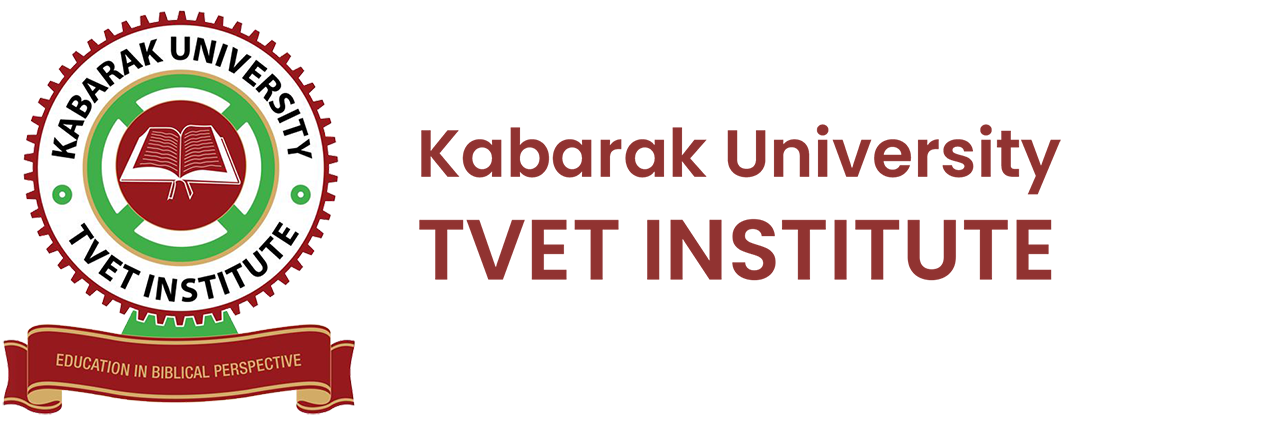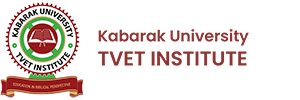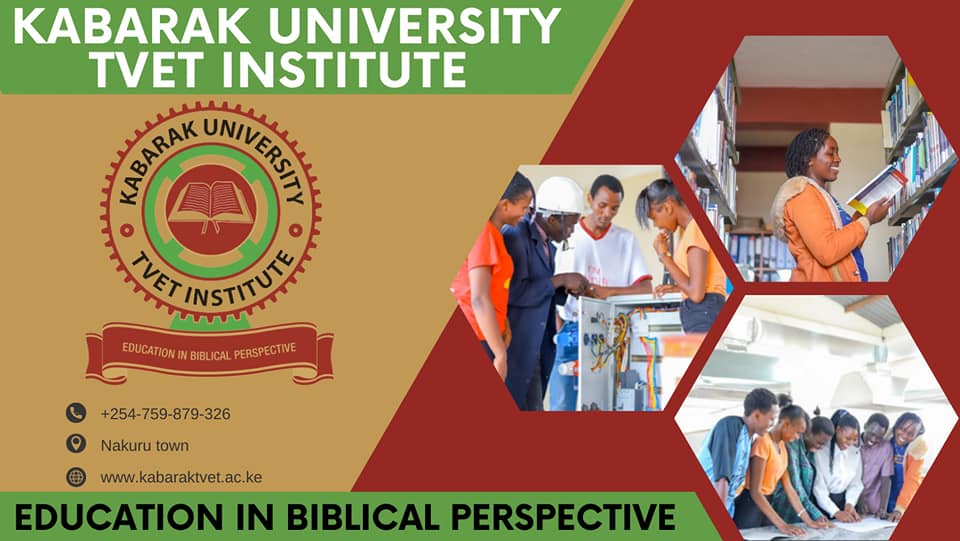In an era of rapid technological advancement and dynamic market landscapes, the synergy between education and industry has never been more crucial.
Kabarak University TVET Institute, in collaboration with the Federation of Kenya Employers (FKE), organized an inaugural industry players' breakfast meeting themed "Linking Industry with Academia: Enhancing Industry Relationships." The meeting aimed to engage industry representatives on:
- Bridging the Skills Gap: How to link learning with required industry skills and knowledge through insights from industry experts.
- Building Excellence: Creating a harmonious environment and strategies that foster academic and career excellence.
- Collaborative Development: Proposing areas for improvement, market-driven programs, and further collaborations.
- Market-Driven Training: Exploring ways to conduct market research collaboratively.
- Emerging Technologies: Demystifying emerging training areas like Artificial Intelligence and Mechatronics.
- Enhancing Training Quality: Forging a path forward to improve training quality for both trainers and trainees.
Academia and industry are two pillars of society that must collaborate effectively to ensure a successful and sustainable workforce and economy. However, the gap between theory and practice, between classroom learning and real-world application, remains a challenge. This breakfast meeting aimed to collectively address this issue.
The Vice Chancellor, represented by TVET Executive Director Dr. Dan Mutai, echoed the importance of collaboration. Dr. Mutai noted that strong links between academia and industry can unlock a multitude of benefits. These benefits include:
- Relevant Training Programs: Ensuring training programs are responsive and aligned with the evolving needs of the industry.
- Workforce Readiness: Producing graduates who are not only academically proficient but also equipped with the practical skills and knowledge required to excel in their chosen fields. (This is further enhanced through the dual training system, where students gain industry experience while studying, as offered by our TVET Institute through Competence-Based Education and Training (CBET).)
Closer ties between industry and academia facilitate the exchange of ideas, expertise, and resources. Collaborative research projects, internships, and industry placements provide students with invaluable hands-on experience. Industry players benefit by tapping into fresh talent, innovative thinking, and cutting-edge research.
Dr. Mutai further emphasized that such partnerships foster a culture of lifelong learning and professional development. Academia and industry can work hand-in-hand to upskill and reskill the workforce in response to emerging technologies, market trends, and global challenges.
To achieve synergy, Dr. Mutai suggested engaging the industry in open dialogue, cultivating mutual trust and respect, and embracing a spirit of innovation and adaptability. Industry players can participate actively in curriculum design, serve as guest trainers, offer mentorship programs, and provide opportunities for practical training and work-integrated learning.
The TVET Institute is committed to remaining agile and responsive. We continuously update our programs, facilities, and teaching methodologies to reflect industry needs and technological advancements. This breakfast meeting is a testament to this commitment.
The event drew a large and diverse audience from industry players in technology, engineering, hospitality and tourism, business, and all STEM-related fields.
The keynote speech was delivered by Ms. Florence Odwako, representing the CEO of FKE. Ms. Odwako emphasized the crucial role of academia-industry linkages in today's world. She stressed the importance of training institutions like TVETs to encourage dual training for both students and trainers.
Other speakers included Mr. Mwangi, Director of Reliable Works Limited (Building and Construction), and Engineer Kamau, County Director of Water and Sanitation. Mr. Mwangi spoke about the importance of practical training methods in TVETs and universities. He shared his experiences with student internships and suggested ways the institute can improve its training methodology. Engineer Kamau closed the breakfast meeting by offering valuable insights on linking industry and academia. In his closing remarks, he acknowledged the industry's concerns about training methodology and urged training institutes to place greater emphasis on hands-on training and exchange programs, promoting a dual approach of industry and classroom learning.
The Executive Director expressed his appreciation to all the industry players who honored the event with their presence. Others present included representatives from Access Bank, Menengai Oil, KENHA, KERA, Chambers of Commerce, Legacy Hotel, the Chairman of the Nakuru Tourism Board, KCB Foundation,




